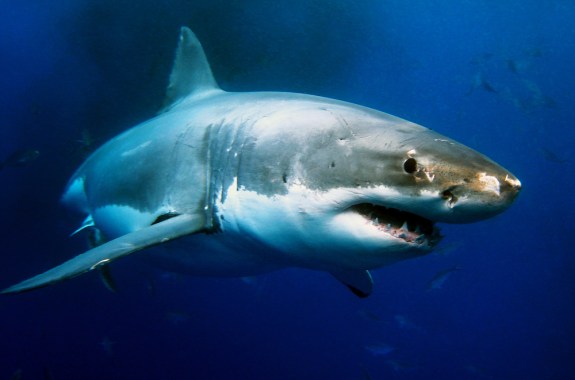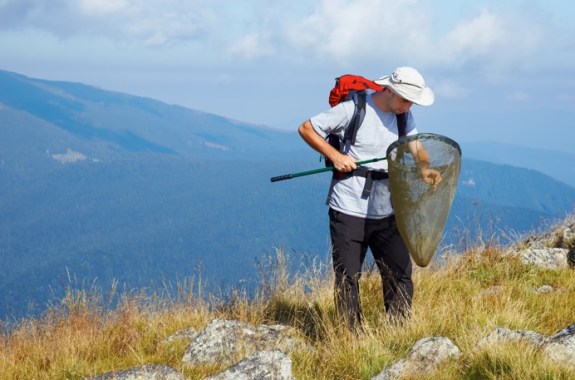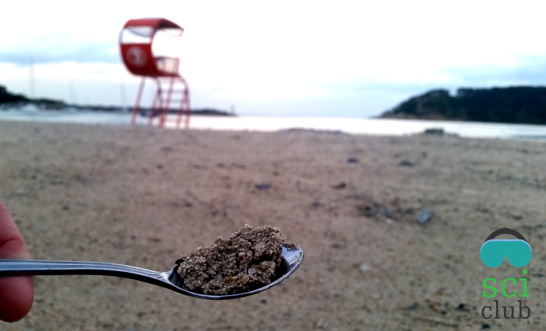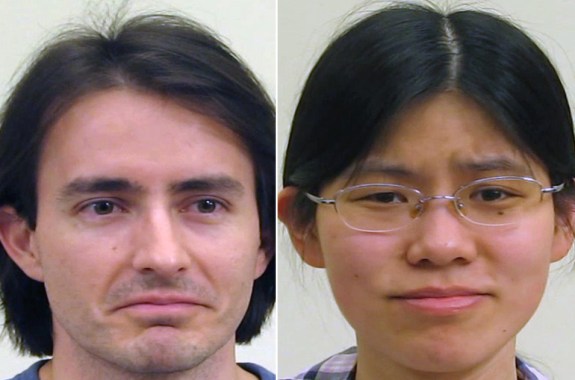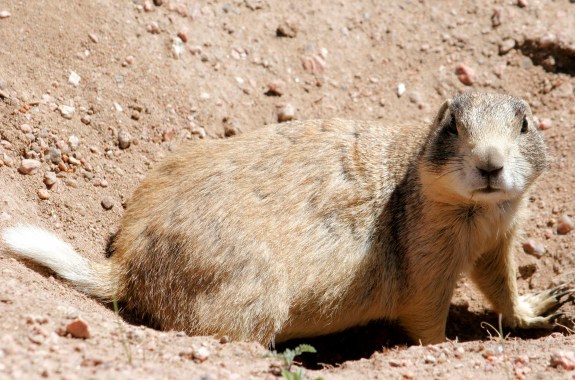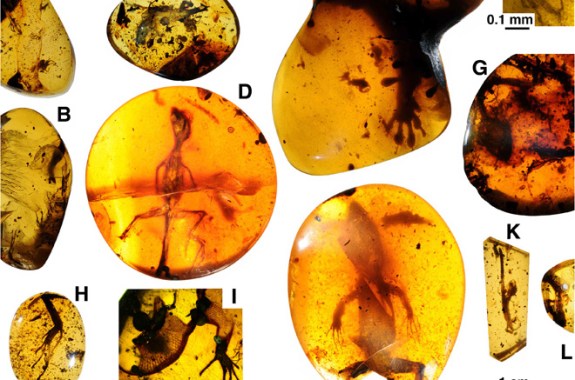As Science Friday’s director and senior producer, Charles Bergquist channels the chaos of a live production studio into something sounding like a radio program. He coordinates in-studio activities each week from 1-4. And then collapses. He also produces pieces for the radio show. His favorite topics involve planetary sciences, chemistry, materials, and shiny things with blinking lights.
Charles has been at Science Friday longer than anyone on staff except Ira, and so serves as a repository of sometimes useful, sometimes useless knowledge about the program. He remembers the time an audience member decided to recite a love poem during a live remote broadcast, the time the whole staff went for ice cream at midnight in Fairbanks, Alaska, and the name of that guy Ira is trying to remember from a few years back who did something with space.
He hails from southeastern Pennsylvania and worked for a while as a demonstrator at the Franklin Institute, Philadelphia’s science museum (favorite devices: Maillardet’s Automaton, the stream table, the Chladni plates). He has a degree in chemistry from the University of Delaware, home of the Fighting Blue Hens, and a master’s in journalism from New York University’s Science, Health, and Environmental Reporting Program. However, he attended the program prior to the addition of ‘Health’ to its name, which may explain his slight unease when covering medical topics.
Outside the walls of Science Friday, he enjoys backpacking, camping, cooking not-entirely-healthy things, reading escapist fiction, and trying to unravel his children’s complicated stories.
11:50
Fecal Matter Transplants, a Moon for Pluto ‘Sibling,’ and Tweeting Sharks
What’s going on in the body during and after a fecal matter transplant? Plus, a look at the good and the bad of sharks that tweet.
7:18
The Science Club Wants You to #TakeASample
This month’s project from Science Friday’s Science Club asks participants to answer a question about a big or complex thing by looking at a sample of the whole.
11:55
That Emoji You’re Sending Is Open to Interpretation
Emoji, the tiny graphics used in text communications, can be interpreted in a variety of ways.
#TakeASample
Sample a vast or complex thing to reveal something new about it, then share your discovery with the hashtag #TakeASample
11:54
Canvassing Conversations, Animal Organ Transplants, and a Stumble in Providing Internet Access
Changing attitudes through canvassing and the Angolan “Wikipedia Zero” project.
11:51
Universal ‘Not Face,’ Alien Laser Defense, and Traffic Control for Robot Cars
A look at the universal “not face,” and what the future might be like with no stop lights.
12:15
Reservoir Rules, Killer Prairie Dogs, and Wine Weather
Rethinking the rules of running reservoirs, and will climate change help wine makers?
12:00
DARPA ‘Improv’ Challenge, a Tiny T-Rex, and Plastic Homes for Sea Life
DARPA turns to the crowd to find “off-the-shelf” threats, and a look at how floating plastic waste can provide a home for sea life.
12:11
Uterus Transplant, Missing Lizard Link, and a Sea Level Solution
Failure of the first uterus transplant in a patient in the United States, and an outside-the-box approach to coping with rising sea levels.
11:50
Cancer Immunotherapy, Fear in the Natural World, and Abolishing Time Zones
Fine-tuning cancer immunotherapy and the good and bad of eliminating time zones.
